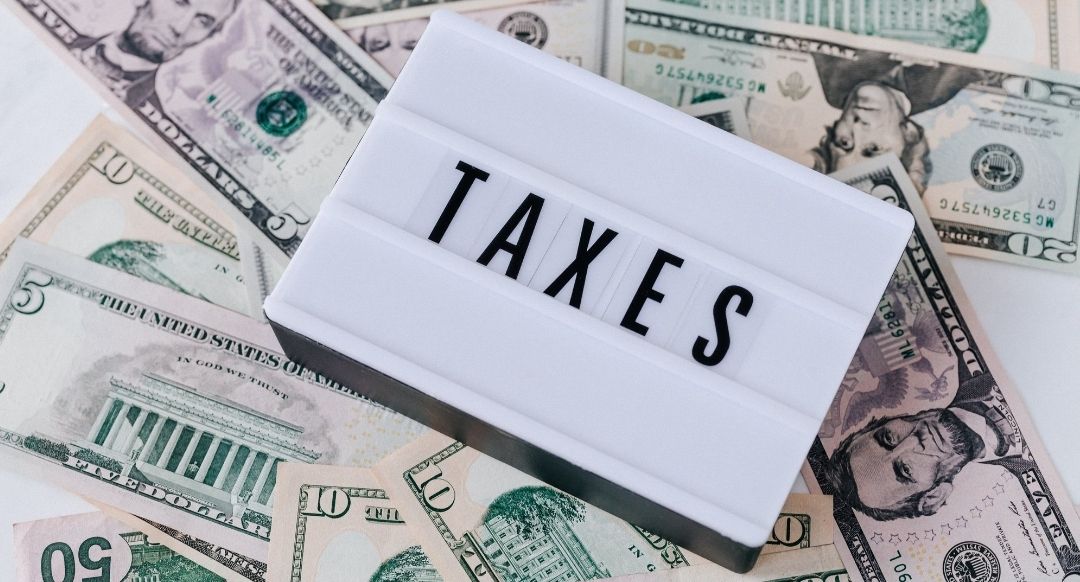Disclaimer: Since Medicaid rules and insurance regulations are updated regularly, past blog posts may not present the most accurate or relevant data. Please contact our office for up-to-date information, strategies, and guidance.
The National Taxpayer Advocate expressed concerns that the upcoming tax filing season, beginning on January 24, will be chaotic. In December 2021, the IRS was still experiencing a backlog of over 8 million unprocessed original and amended individual tax returns on top of other unprocessed documents and mail. Due to these delays, millions of taxpayers had not yet received their refunds nine months after filing.
To avoid delays in receiving refunds this year, the IRS is urging Americans to file their 2021 tax returns as soon as possible. Most taxpayers who file electronically, choose direct deposit, and have no issues should expect their refund within 21 days of filing.
Those who received an economic impact payment or an advance child tax credit in 2021 should be especially careful when filing. Last year, the IRS had problems with several discrepancies and errors due to these tricky components, so the agency recommend you start gathering your documentation now.
In order to file your taxes, you will need any W-2s from your 2021 employers and/or 1099 forms if you’re an independent contractor or freelancer. Here are some other forms you may need to include, depending on your situation:
- If you collected unemployment during 2021, you must also include a 1099-G, which should be sent to you by your state unemployment department.
- If you received the child tax credit, the IRS will send you a Letter 6419.
- If you received a stimulus check, look out for a Letter 6475 from the IRS.
Read the full article from CNBC.
READ MORE


